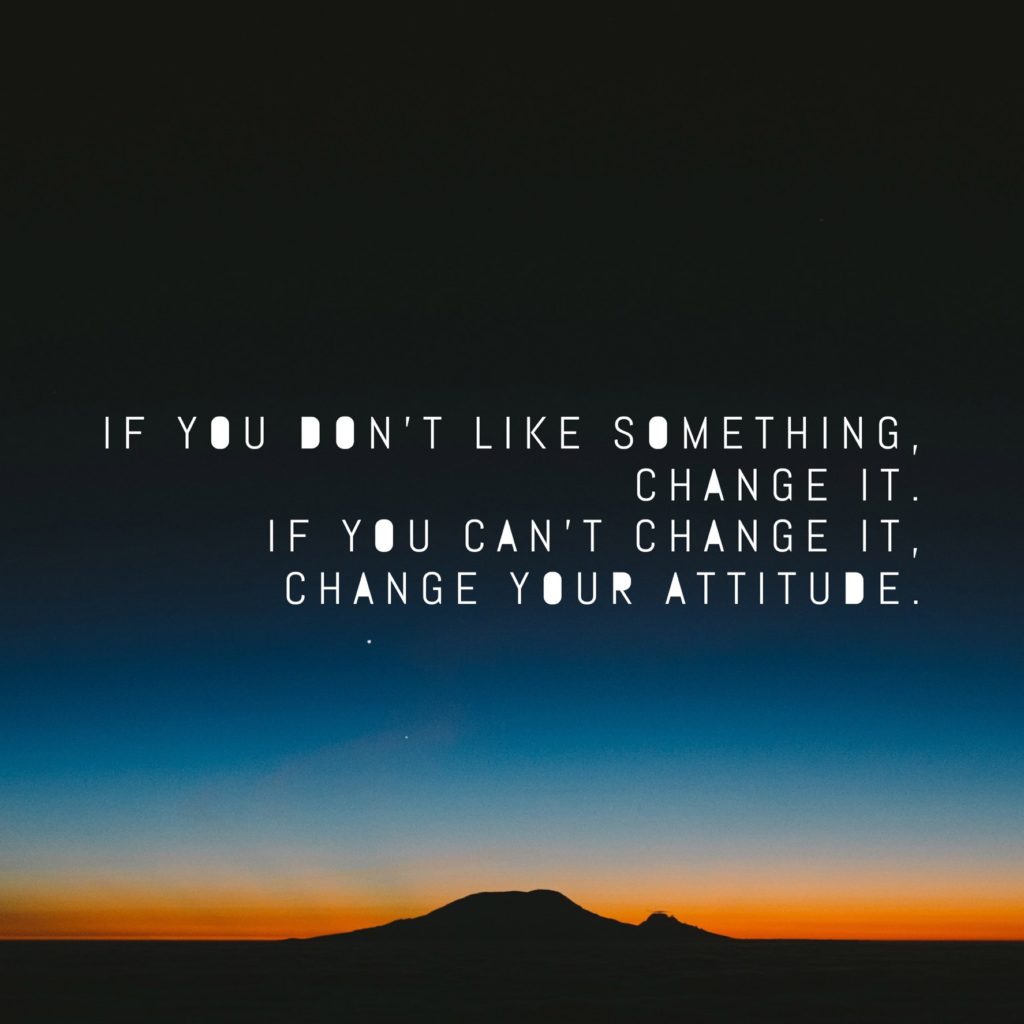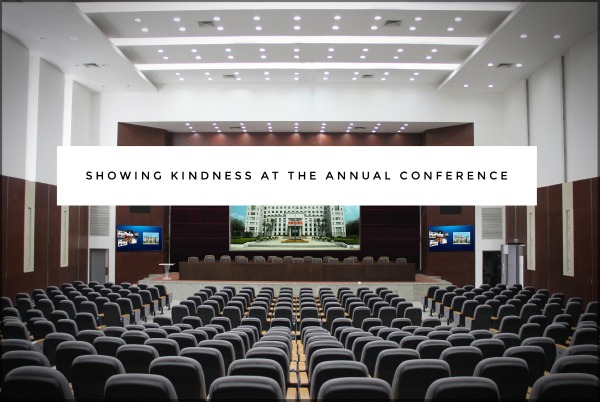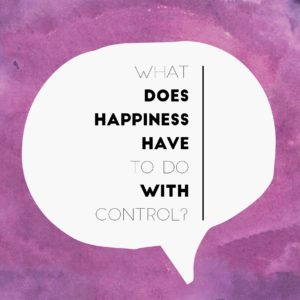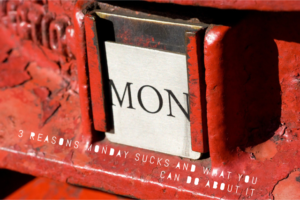 3 Reasons Monday Sucks and What You Can Do About It
3 Reasons Monday Sucks and What You Can Do About It
Most people don’t like Mondays. That’s no secret. According to Gallup, 70 percent of American workers are unhappy and disengaged at the job. And since Monday is the first workday of the week, we are not happy about the shift from Sunday brunches and lazy afternoons to going to work Monday morning.
While researching information for my new book, “Is It Monday Already?! 197 Tools and Tips to Live Happier at Work,” I learned a lot about why Monday is such a funky day of the week. But regardless of the reasons Monday is not a lot of fun, there are ways to make Mondays better. You can look at Monday in a more positive light.
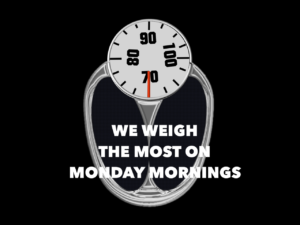 1. We Weigh the Most on Monday Mornings
1. We Weigh the Most on Monday Mornings
Yeah, it’s probably because of those Sunday brunches that we weigh the most for the entire week on Monday mornings. If you didn’t go to sleep by 10 PM Sunday night, you probably feel a bit sluggish, too.
One solution to do something nice for yourself that will also make you feel better, is to join the Meatless Monday movement. You’ll feel lighter and better about yourself for your achievement. Use this strategy Monday to jump start your way to a healthier week.
 2. We Are More Likely to Have a Heart Attack or Stroke on Monday
2. We Are More Likely to Have a Heart Attack or Stroke on Monday
More heart attacks and stroke occur on Mondays than any other day of the week. It’s true for both men and women. The easiest and best way to ward off heart attacks and strokes is to keep your blood pressure stable.
A great way to maintain consistent blood pressure is by walking first thing in the morning. That’s it. According to a Harvard study, a 30 minute walk can reduce your risk of stroke by almost 25 percent. Seems like a small price to pay for a big gain. And if you take the walk outside, you gain the benefit of increased brain creativity for the next couple of hours. Nothing but benefits, if you ask me.
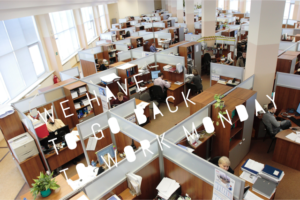 3. We Have to Go Back to Work Monday
3. We Have to Go Back to Work Monday
I recently saw a Pinterest board about hating to go to work on Monday. It’s a common feeling. A lot of the issues have to do with working for jacked up organizations. If the company is making money, executive management normally don’t see what a problem. That’s the reason many people dread going into the office.
This issue is tricky because if you’re not inclined to look for a new job for whatever reason…
It’s not that bad…
You don’t want to do the work to look for a new job…
You like the people you work with…
The money is good…
You’re close to retirement…
The benefits are good…
The commute is sweet…
The job finances your dreams on the side…then you may want to consider a mindset shift.
Maybe you need to try to look at the job from another perspective. Maybe you could make it feel less soul-sucking and more a ‘means-to-an-end’ that you should be grateful for. Take a moment and find 3 things to be thankful about on your job. Start with that list of reasons above that you don’t want to look for a new job. That’s a great way to start changing your perspective.
Changing your mindset about work on Monday mornings brings to mind the famous Maya Angelou quote.
